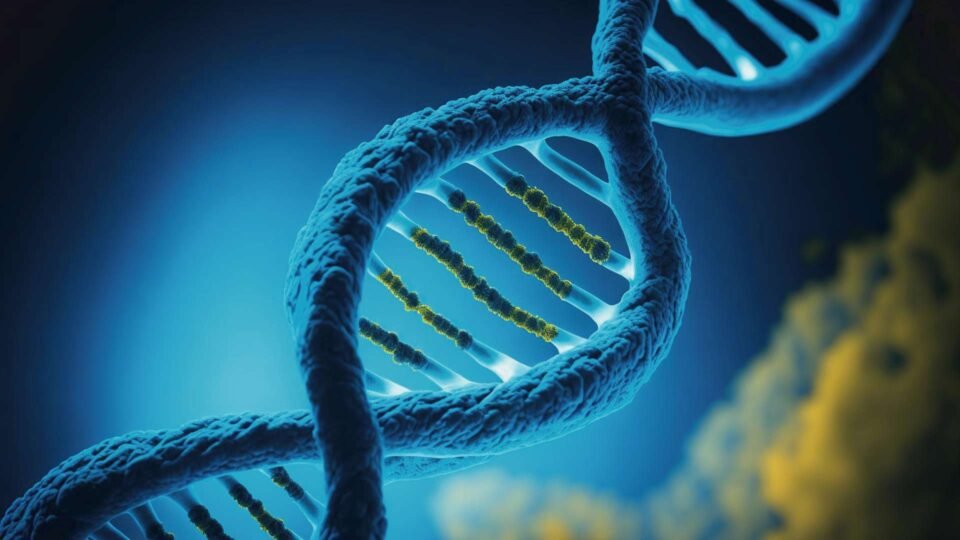Project FIND-OUT facilitates early genetic diagnosis in infants 3 – 12 months of age with symptoms of genetic neurodevelopmental disorders
COMBINEDBrain, a non-profit organization dedicated to fast-tracking cures for neurodevelopmental disorders, today announced the launch of Project FIND-OUT (Fast Infant Neurodevelopmental Diagnosis via Outpatient Testing), a collaboration among leading non-profit, academic, and industry organizations.
Project FIND-OUT provides whole genome sequencing (WGS) to infants who have early symptoms of rare genetic neurodevelopmental disorders. The goals of the study are to expedite diagnosis of rare genetic neurodevelopmental disorders, to generate evidence on the benefits of genetic testing for patients and their families, and to build capacity at a local level for implementation of genetic testing programs. “Curtailing the diagnostic odyssey through broad genetic testing at first signs of symptoms promises to transform the diagnosis and management of children with neurodevelopmental disorders over the next few years,” stated Dr. Seth Berger, M.D., Ph.D., a pediatric geneticist at Children’s National Hospital. Dr. Natasha Ludwig, Ph.D., a pediatric neuropsychologist at Kennedy Krieger Institute, adds “Early diagnosis not only creates opportunities for improved care at the individual level, but will help us understand how these rare conditions present very early on which is critical for the development of innovative patient-centered approaches to treatment.”
Rare genetic neurodevelopmental disorders (RGND) have symptoms that present in early childhood and are markedly underdiagnosed. On average it takes 30 months to get a diagnosis from the time parents identify a concern (for those who get a diagnosis). A long diagnostic journey is difficult for families and expensive for the healthcare system. In addition, a late diagnosis may prevent patients from receiving the maximum benefit of treatments, which often provide the greatest benefit when administered early in life. Even in RGND without therapies (approved or in clinical trials), a genetic diagnosis can impact clinical management and improve patient outcomes.
Dr. Terry Jo Bichell, Ph.D., M.P.H., Executive Director, COMBINEDBrain noted, “when my son was born, we knew something was wrong, but it took over a year to get a diagnosis. Finding out that our son had Angelman syndrome was a gateway to getting help for him and finding support for our family. Finding out is the first step on the path to hope.”
Broad Clinical Labs, LLC., a subsidiary of the Broad Institute of MIT and Harvard, was selected to provide clinical WGS and interpretation services. Broad Clinical Labs (BCL) focuses on transformative projects designed to increase access and adoption of genetic sequencing. Project FIND-OUT purchased BCL’s $1,000 clinical WGS services offering which is a collaboration between BCL and Fabric Genomics leveraging the Fabric Genomics’ GEM AI interpretation technology.
Project FIND-OUT is unique in that it provides free whole genome sequencing, genetic counseling, and referral to specialists for symptomatic infants who meet straightforward inclusion criteria. These services will be provided virtually to families, so they do not have to travel to receive leading-edge diagnostic testing. Guide Genetics, which has a network of professional genetic counselors, an easy-to-use patient portal and lab referral platform will provide virtual genetic counseling services for the project. All RGND pathogenic diagnoses will be reported back to families and their healthcare providers to directly impact care.
Dr. Kim Goodspeed, MD, Assistant Professor in the Departments of Pediatrics, Neurology, and Psychiatry and a Dedman Family Scholar in Clinical Care at UT Southwestern Medical Center commented that “a genetic diagnosis often sounds like a random combination of letters and numbers, but within those results is a compass that ends the diagnostic odyssey; it brings closure to families and lights the way along a treatment pathway.”
“We’d like to thank the project core team Dr. Natasha Ludwig, Dr. Kim Goodspeed, and Dr. Seth Berger, our industry partners and collaborators, and the families for participating in Project FIND-OUT,” says Elizabeth Rountree, Diagnostics Lead at COMBINEDBrain, “The results from this study will help us understand the impact of genetic testing on families and increase access to genetic testing in the United States.”
The study is open to infants 3 – 12 months of age born in the USA who have 2 or more FIND-OUT symptoms:
- Feeding issues
- Issues with movement
- NICU admission
- Developmental delays
- Other (congenital malformations, atypical growth or specialist referral)
- Unprovoked seizures
- Tone
Visit AITechPark for cutting-edge Tech Trends around AI, ML, Cybersecurity, along with AITech News, and timely updates from industry professionals!

